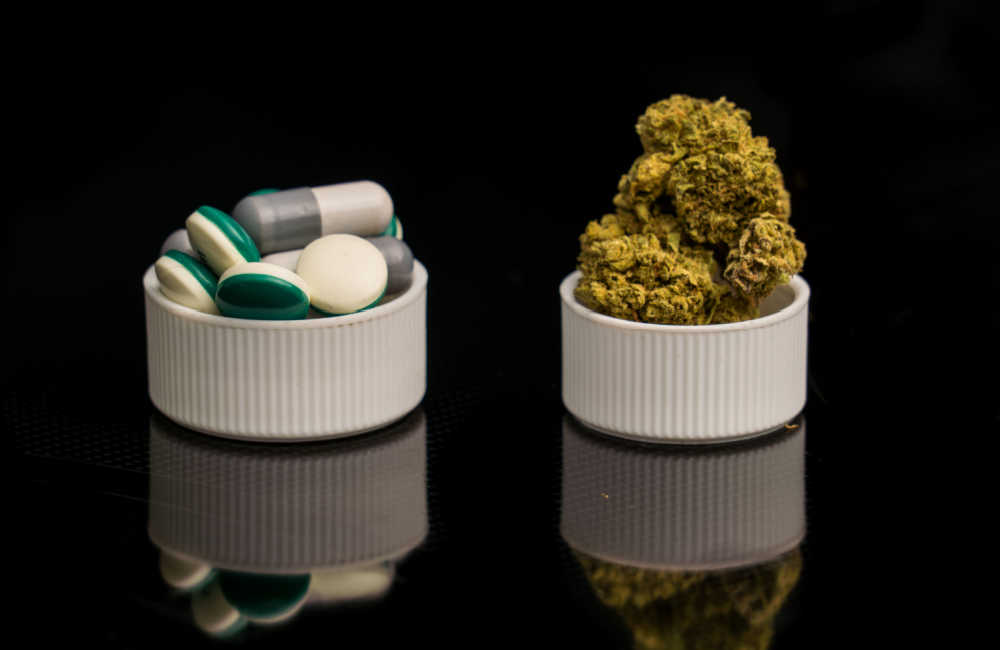Another Study Finds Connection Between Legal Cannabis and Reduced Opioid Use
The number of pharmacy-distributed orders for codeine dropped 26 percent in 10 states and Washington D.C. after marijuana became legal in those areas. It’s the latest study to find a connection between legal cannabis and reduced opioid use.
The research, published in Health Economics, saw lower demand for codeine in states that implemented legalized recreational cannabis laws through 2019. The drop in codeine use accelerated the longer the laws were in place. In states where the laws had been in place for at least four years, pharmacy-based distribution of codeine fell up to 37 percent.
“We find that recreational cannabis laws lead to a reduction in codeine dispensed at retail pharmacies. Among prescription opioids, codeine is particularly likely to be used non-medically,” the researchers wrote. “Thus, the finding that RCLs appear to reduce codeine dispensing is potentially promising from a public health perspective.”
Reducing Opioid Use Can Save Lives
The multi-institutional study was led by researchers from the University of Pittsburgh and Cornell University. In a release about their work, researchers said the results of the study are promising for public health because opioids contribute to more than 10,000 deaths per year.
“A reduction in the misuse of opioids can save lives,” lead study author Shyam Raman, a doctoral candidate at Cornell, said in the release. “Our research indicates that recreational cannabis laws substantially reduce distribution of codeine to pharmacies, an overlooked potential benefit to legalizing recreational cannabis use.”
The study took a unique approach, looking at the number of opioids shipped and disturbed by hospitals, pharmacies and other endpoint distributors. The study found a significant impact on pharmacy-distributed codeine, but minimal impact on distribution of codeine by hospitals. The study noted that hospitals typically have “less permissive policies than pharmacies.”
The study also found minimal impact in any setting for distribution of other opioids such as oxycodone, hydrocodone and morphine.
The Public Health Implications of the Study
Researchers said the connection between legal cannabis and reduced opioid use is especially important given the rampant abuse of codeine.
“Among prescription opioids, codeine misuse is especially high. Our findings suggest recreational cannabis use may be a substitute for codeine misuse,” Dr. Coleman Drake, an assistant professor of health policy and management at Pitt’s School of Public Health, said in the news release.
Dr, Johanna Catherine Maclean of George Mason University added that “while all substances have some risks, cannabis use is arguably less harmful to health than the non-medical use of prescription opioids.”
The findings of the study echo those from earlier studies that took different approaches but reached the same conclusion: there’s a connection between legal cannabis and reduced opioid use. Others have found certain types of patients use fewer opioids when they have access to legal cannabis, including cancer patients.




